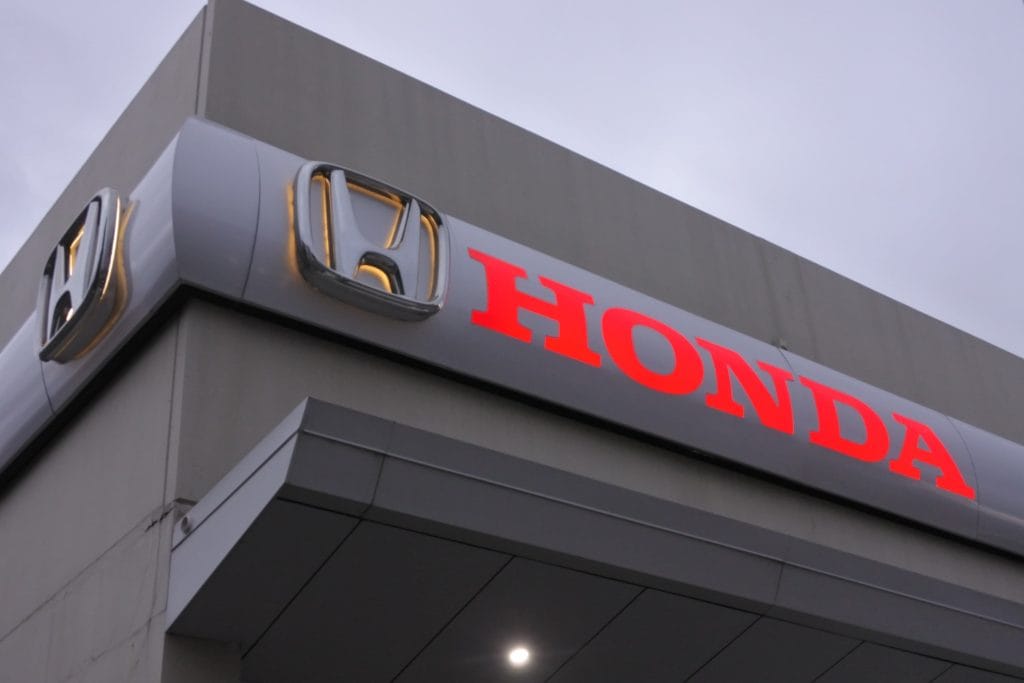Honda, Neoenergia Launch $5.4 Million Green Hydrogen Mobility Programme in Brazil

• Neoenergia and Honda will develop Brazil’s first green-hydrogen mobility hub, backed by more than €5 million ( $5.4 Million) in ANEEL-regulated R&D funding.
• Honda will test fuel-cell vehicles and advance feasibility studies for hydrogen applications across urban mobility and industry.
• The companies position Brazil as a potential global leader in renewable hydrogen as both target carbon neutrality by 2050.
Brasília Sets the Stage for Brazil’s First Green Hydrogen Mobility Hub
Neoenergia, the Brazilian subsidiary of Iberdrola, and Honda Automóveis do Brasil have unveiled a joint programme to advance green hydrogen solutions for mobility and industrial use, anchoring one of the country’s most significant clean-energy R&D initiatives to date.
The collaboration centres on Neoenergia’s first green hydrogen refuelling station, now under construction in Brazil’s capital. The site forms part of ANEEL’s Research, Development and Innovation Programme, supported by an investment of more than €5 million (over 30 million reais). The station is expected to open in December 2025 and will serve as a testing ground for next-generation transport technologies.
Both companies describe the initiative as a pivotal step in accelerating Brazil’s transition toward low-carbon mobility. “This collaboration reinforces our commitment to innovative solutions that accelerate the electrification and decarbonization of the Brazilian economy. Together with Honda, we are joining forces to develop sustainable technologies that expand business opportunities and consolidate Neoenergia’s leadership in the energy transition,” said Eduardo Capelastegui, CEO of Neoenergia.

Fuel-Cell Vehicles Enter Testing Phase
Honda will deploy two models to the project: the CR-V and the CR-V FCEV, a plug-in hybrid SUV equipped with a hydrogen fuel cell system. The vehicles will undergo six months of technical testing to evaluate refuelling performance, driving behaviour, and the operational conditions required to scale hydrogen-based transport in Brazil’s urban environments.
The programme will extend beyond vehicle trials. Honda and Neoenergia will jointly conduct feasibility studies covering hydrogen production, logistics, storage, and new industrial applications, building a cross-sector platform for potential future pilots.
For Honda, which has spent more than 30 years developing hydrogen technologies, Brazil represents fertile ground. “We are very excited to begin this strategic collaboration with Neoenergia in Brazil, a country that has all the conditions to be a world leader in the development of Green Hydrogen,” said Arata Ichinose, CEO of Honda Automóveis do Brasil. “With more than three decades of experience and research in this field, we believe that initiatives like this are fundamental to expanding the possibilities of using hydrogen as a complementary path for the decarbonization of mobility and strengthening the path towards a carbon-neutral society.”

Why Green Hydrogen Matters for Transport and Industry
Hydrogen produced from renewable electricity is drawing rising attention as an emissions-free alternative to diesel and natural gas, particularly for heavy transport and industrial operations. Brazil’s energy mix, already dominated by hydropower, places the country in a strong position to produce green hydrogen at competitive costs.
Iberdrola, Neoenergia’s parent company, has been building hydrogen capacity in Europe and aims to replicate similar models in Latin America. The Brasília station is designed not only as a demonstration site but as a foundation for a wider national strategy around hydrogen corridors and industrial symbiosis.
Fuel-cell vehicles convert hydrogen into electricity through an electrochemical reaction. The process emits only water vapour, operates quietly, and offers high energy efficiency. These attributes make hydrogen an attractive complement to battery-electric mobility, especially in regions where charging infrastructure is sparse or long-range use cases dominate.
RELATED ARTICLE: Honda Joins Sustainable Aviation Fuel Review Panel
Implications for Investors and C-Suite Decision-Makers
Brazil’s hydrogen sector remains at an early stage, but government agencies, utilities, and international manufacturers are now moving with purpose. The Neoenergia-Honda partnership illustrates how public R&D frameworks, private investment, and industrial innovation can converge to test scalable solutions.
For executives overseeing low-carbon transition strategies, the project offers three clear lessons. First, hydrogen is gaining traction not as a replacement for battery electrification but as a parallel pathway for hard-to-electrify segments. Second, national utilities are emerging as central actors in hydrogen infrastructure, supported by regulatory-driven innovation programmes. Third, automakers are reassessing their decarbonisation models as global markets look for diversified clean-mobility options.
A Step Toward Brazil’s Emerging Hydrogen Economy
Brazil has stated ambitions to become a leading exporter and domestic user of green hydrogen. Progress has been uneven, but partnerships such as this one point to growing momentum. If successful, the Brasília station could serve as a reference project for replication across major cities, industrial hubs, and freight corridors.
As both companies reaffirm their target of carbon neutrality by 2050, the collaboration reinforces the wider shift underway in Latin America’s largest economy: accelerating the deployment of renewable-powered technologies, expanding choice in low-carbon mobility, and aligning industrial capabilities with global climate goals.
Brazil’s hydrogen landscape is still being shaped, but with utilities and automakers now moving into shared demonstration projects, the country is positioning itself more firmly in the global race to develop clean-energy transport systems.
Follow ESG News on LinkedIn












